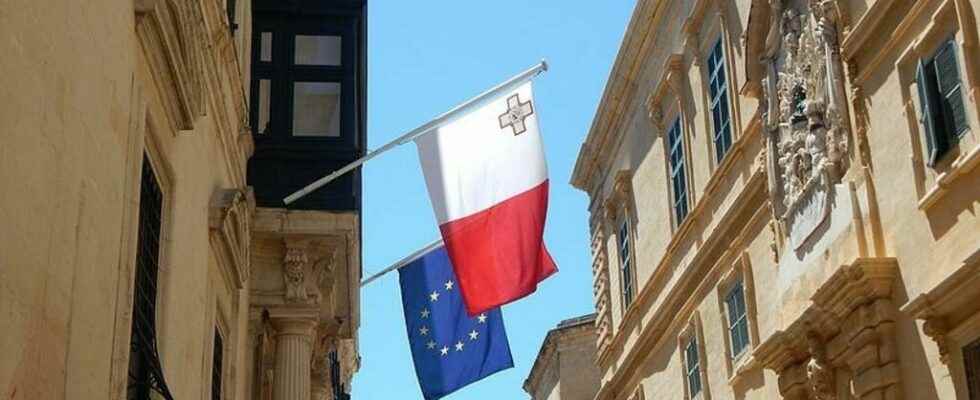Brussels is once again asking Malta to put an end to its system of “golden passports”, passports granted to wealthy investors in exchange for payments. After months of arm wrestling, the European Commission is now threatening to bring the case before the Court of Justice of the European Union.
It was the European Parliament that took the initiative on this dossier at the beginning of March with a vote to ban golden passports. MEPs want to put an end to this system by 2025 and want strict application of the rules of residence to nationals of third countries, in particular Russians and Belarusians subject to international sanctions.
Several member countries use these golden passports and visas: Malta, Cyprus, Bulgaria, Greece and Portugal. And according to EU estimatesat least 130,000 people have thus obtained an EU passport, which has brought in 21.8 billion euros for the capitals that offer them.
Malta in the crosshairs
The European Commission has sent Valletta a so-called “reasoned opinion”, a new step in the infringement procedure opened in October 2020 against Malta and Cyprus.
Malta has two months to react. After this period and in the absence of a satisfactory response, justice could be seized. Admittedly, Malta suspended at the beginning of March the granting of these golden passports to Russian and Belarusian nationals – the Commission moreover welcomes a ” positive first step – but regrets that the island continues to use this system for other nationalities.
Continue the dialogue
The Maltese government was quick to speak out: it stresses that the granting of citizenship falls within the national competence of a state but promises to maintain an open dialogue with the Commission.
For its part, even if the infringement procedure has not been lifted, Cyprus has not granted this type of naturalization since last October. A dialogue had also been initiated with Bulgaria. Since March 24, the Bulgarian Parliament has put an end to these practices.
Encouragement of organized crime
This passport system allows wealthy personalities to acquire a European passport and to move or settle freely in EU countries. However, these devices are suspected of encouraging corruption and money laundering. They had been denounced by two NGOs, Transparency International and Global Witness, in 2018.
► Read also : NGOs denounce a commodification of citizenship in the European Union
In January 2019, the European Commission in turn sounded the alarm, denouncing a practice that notably benefited the organized crimeaccording to Brussels.
